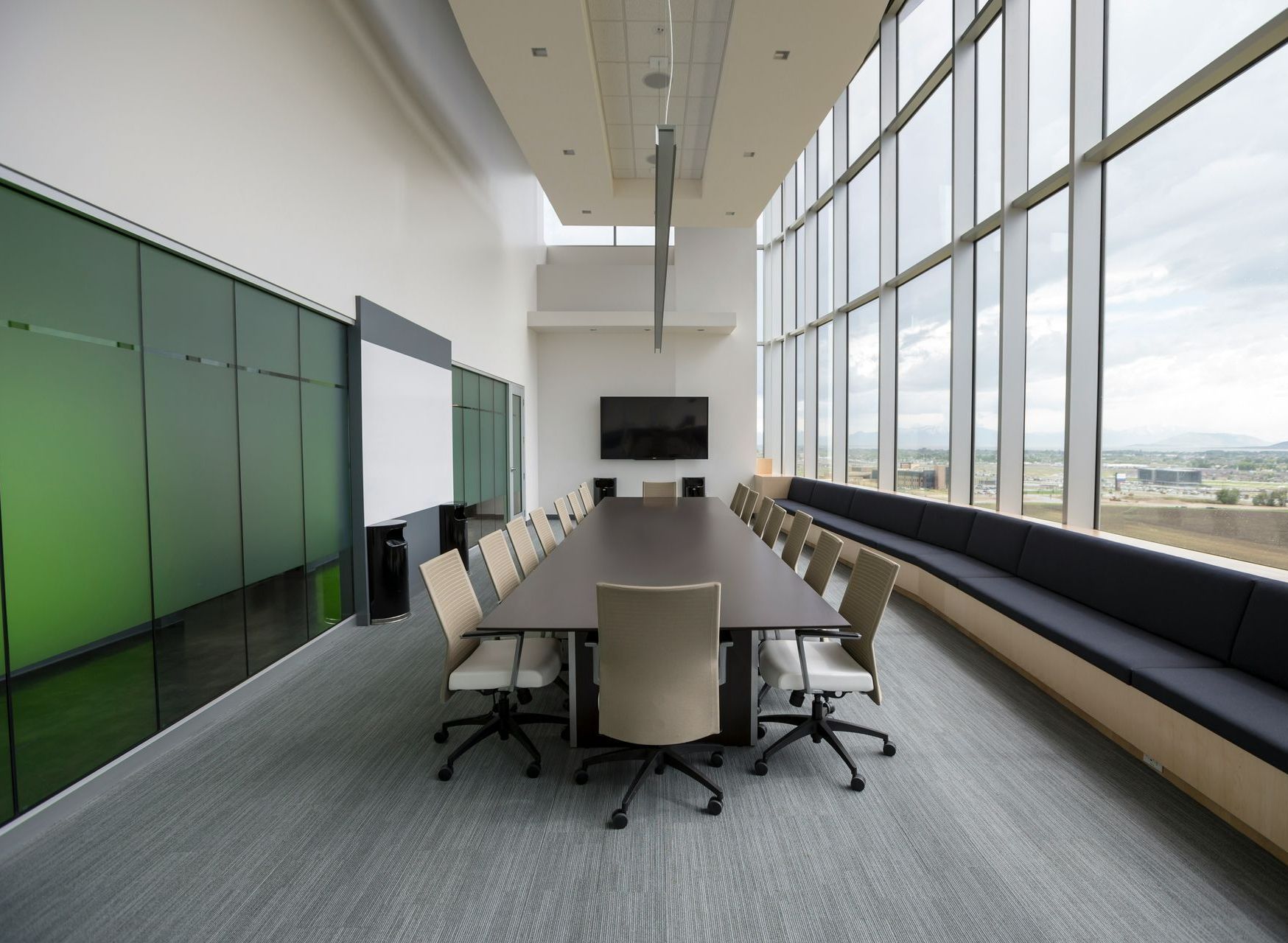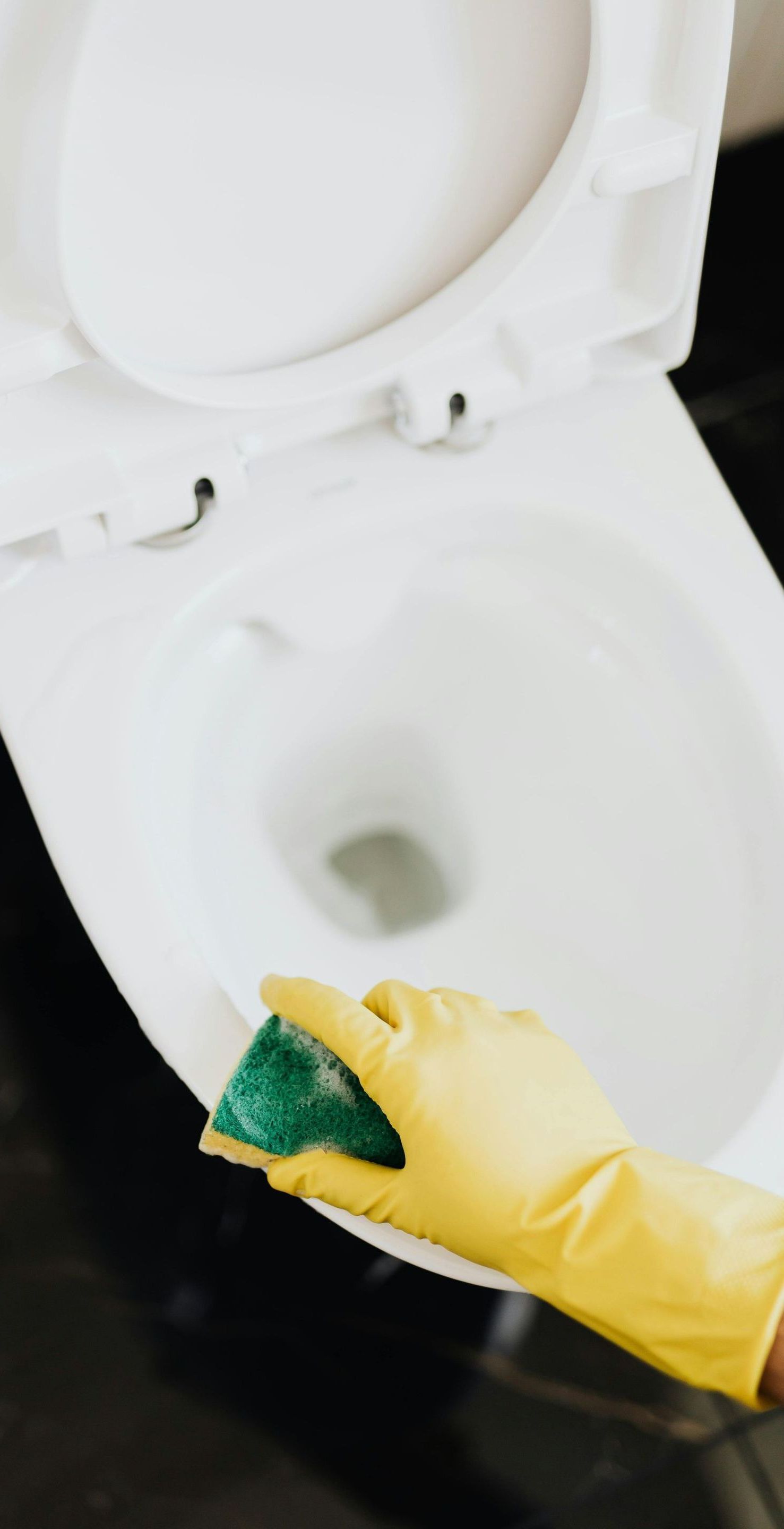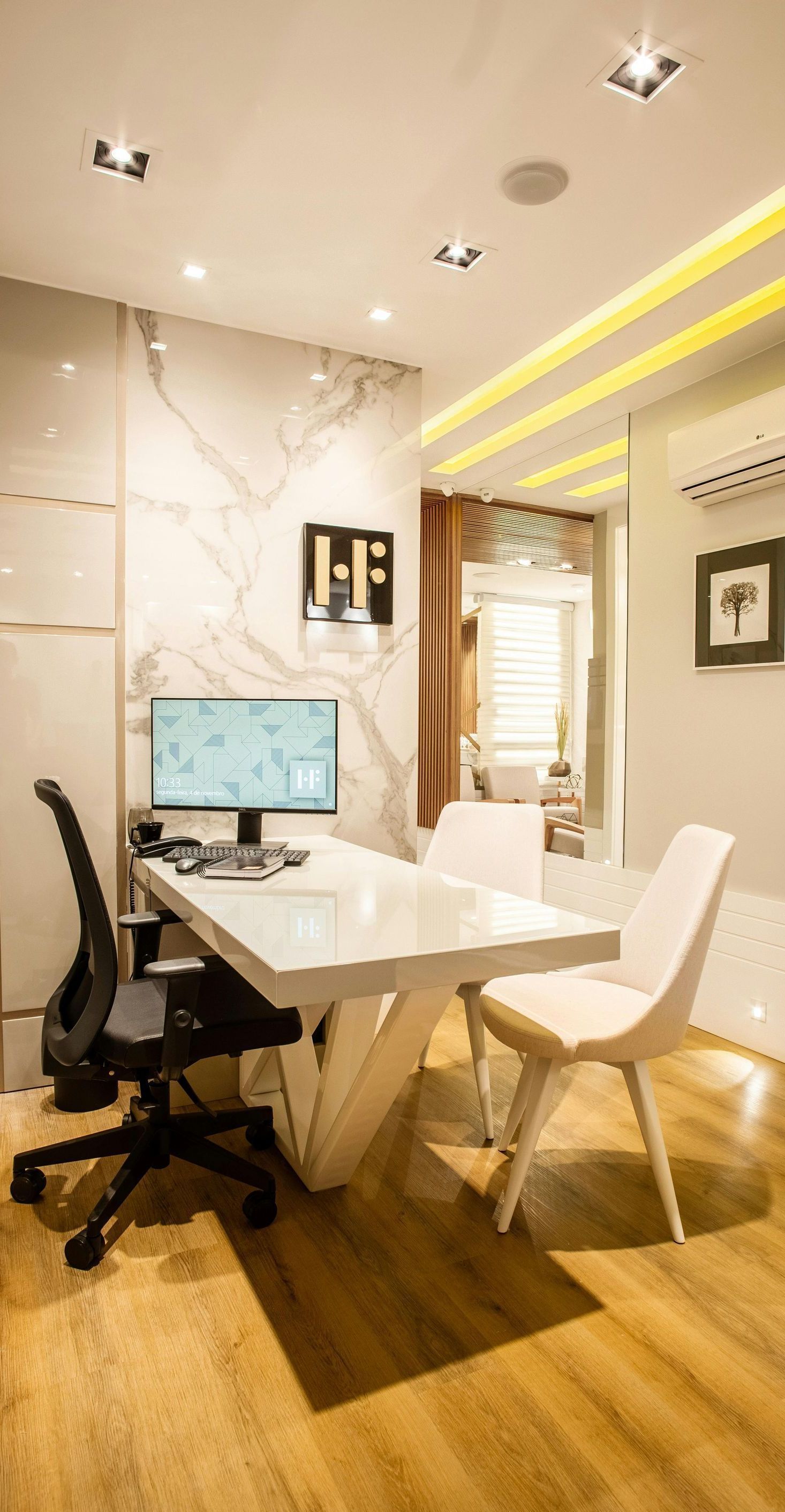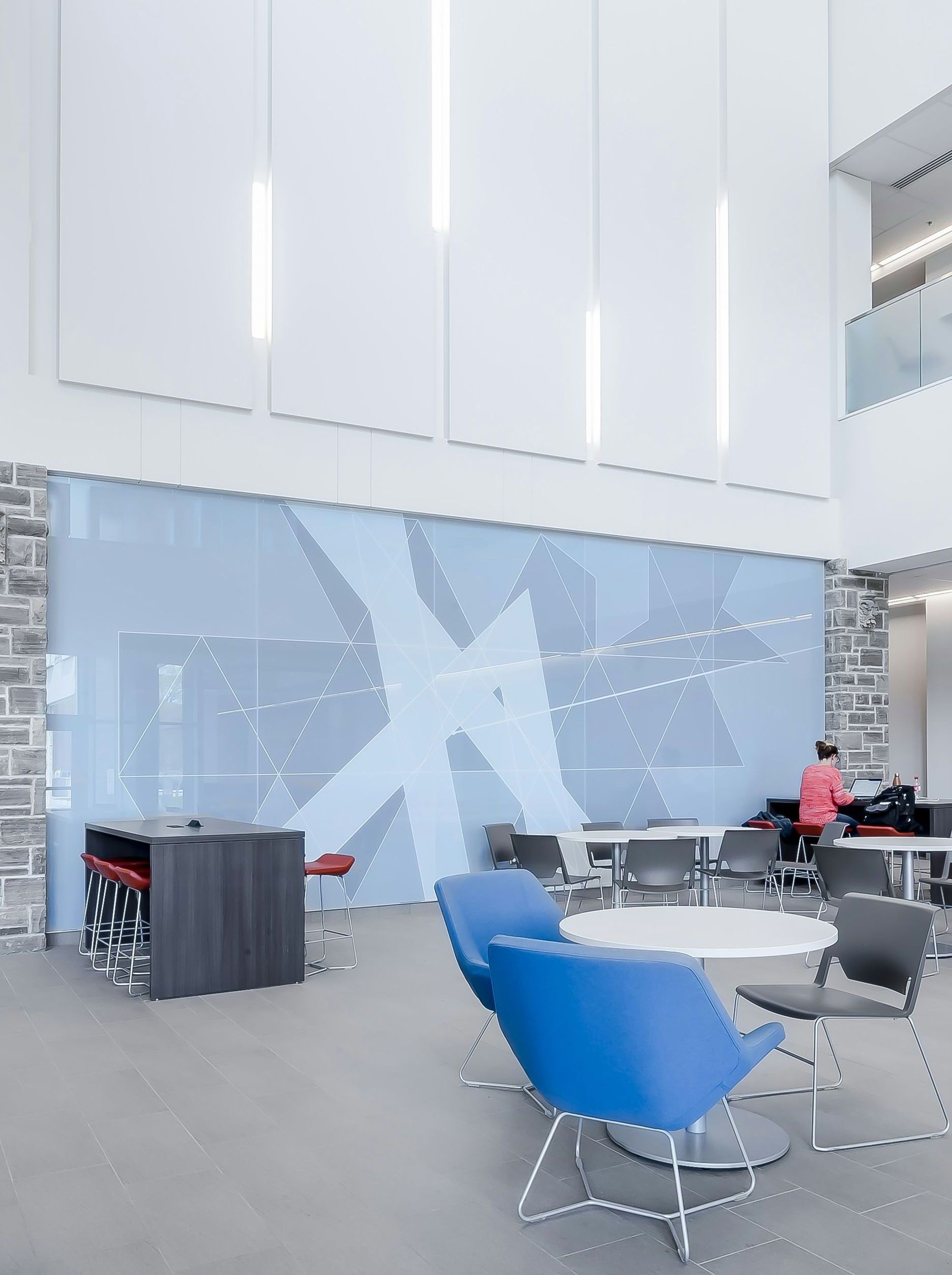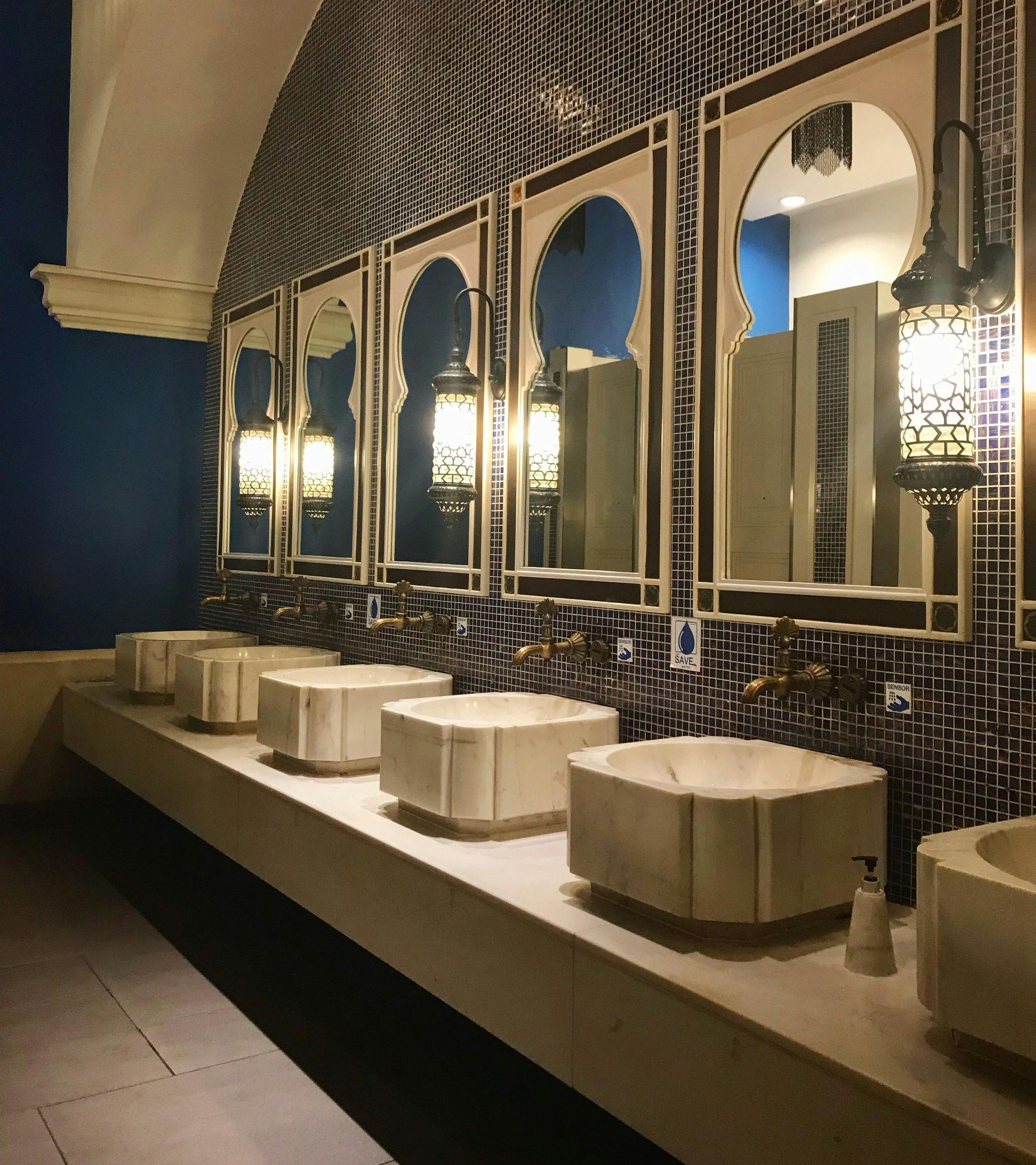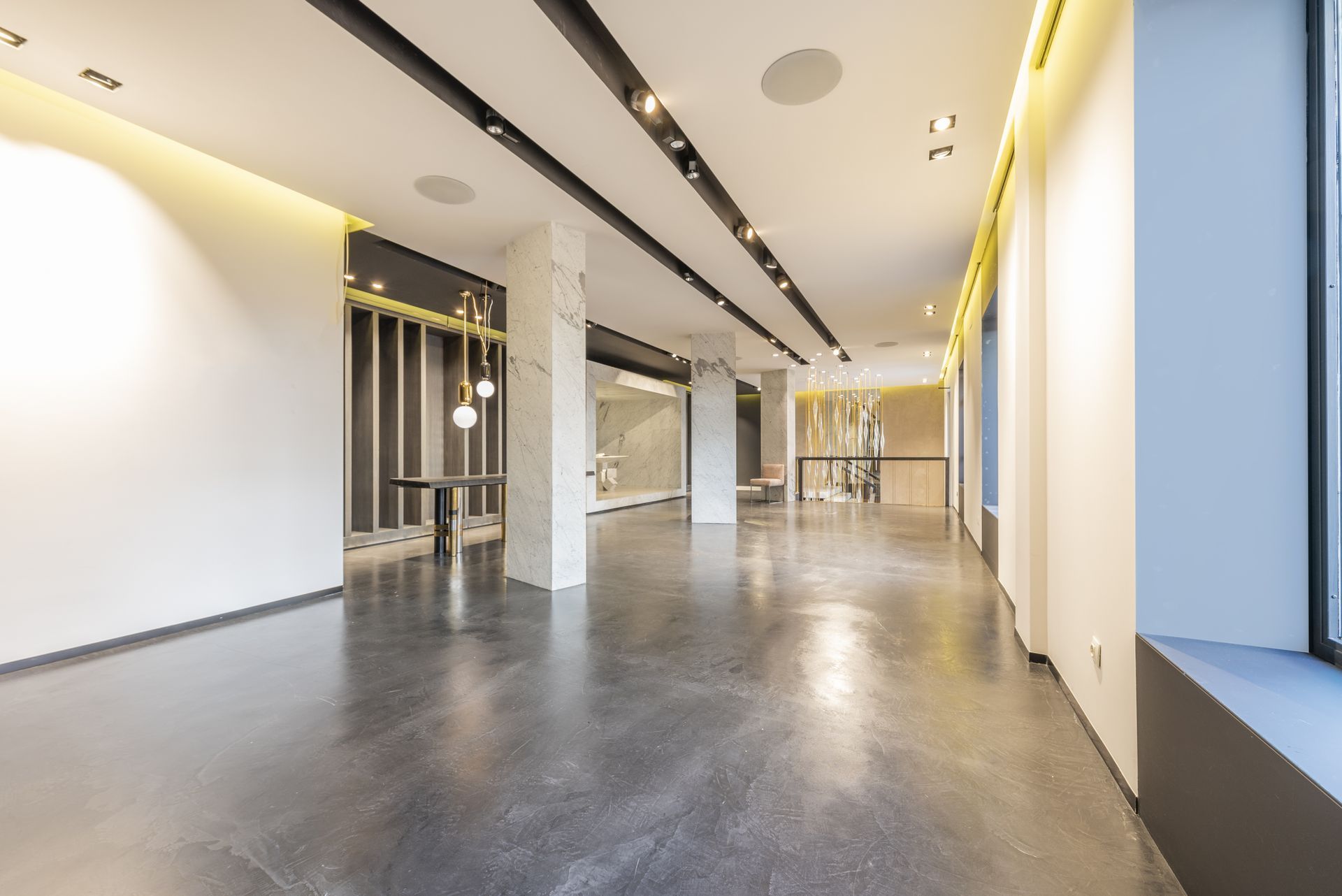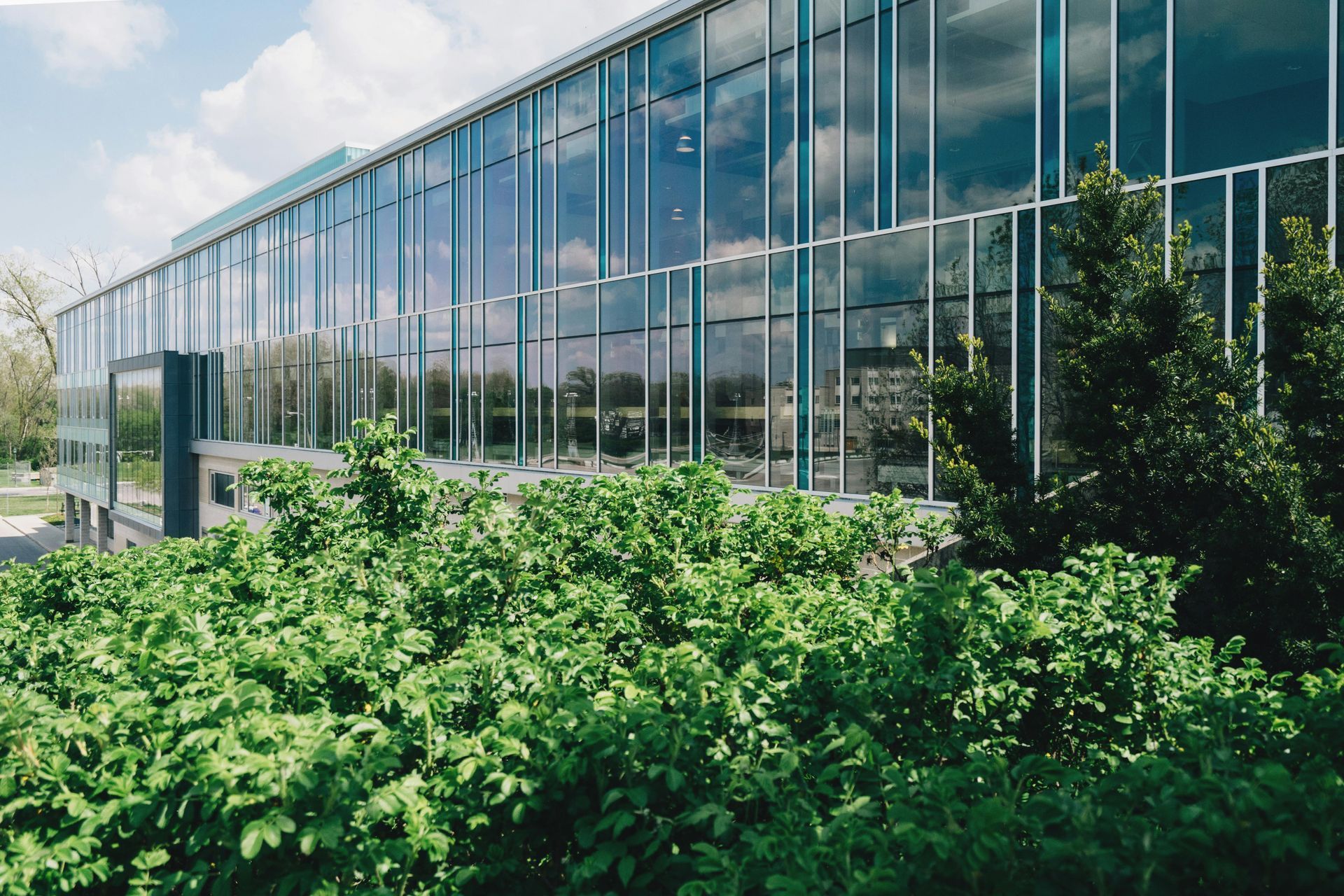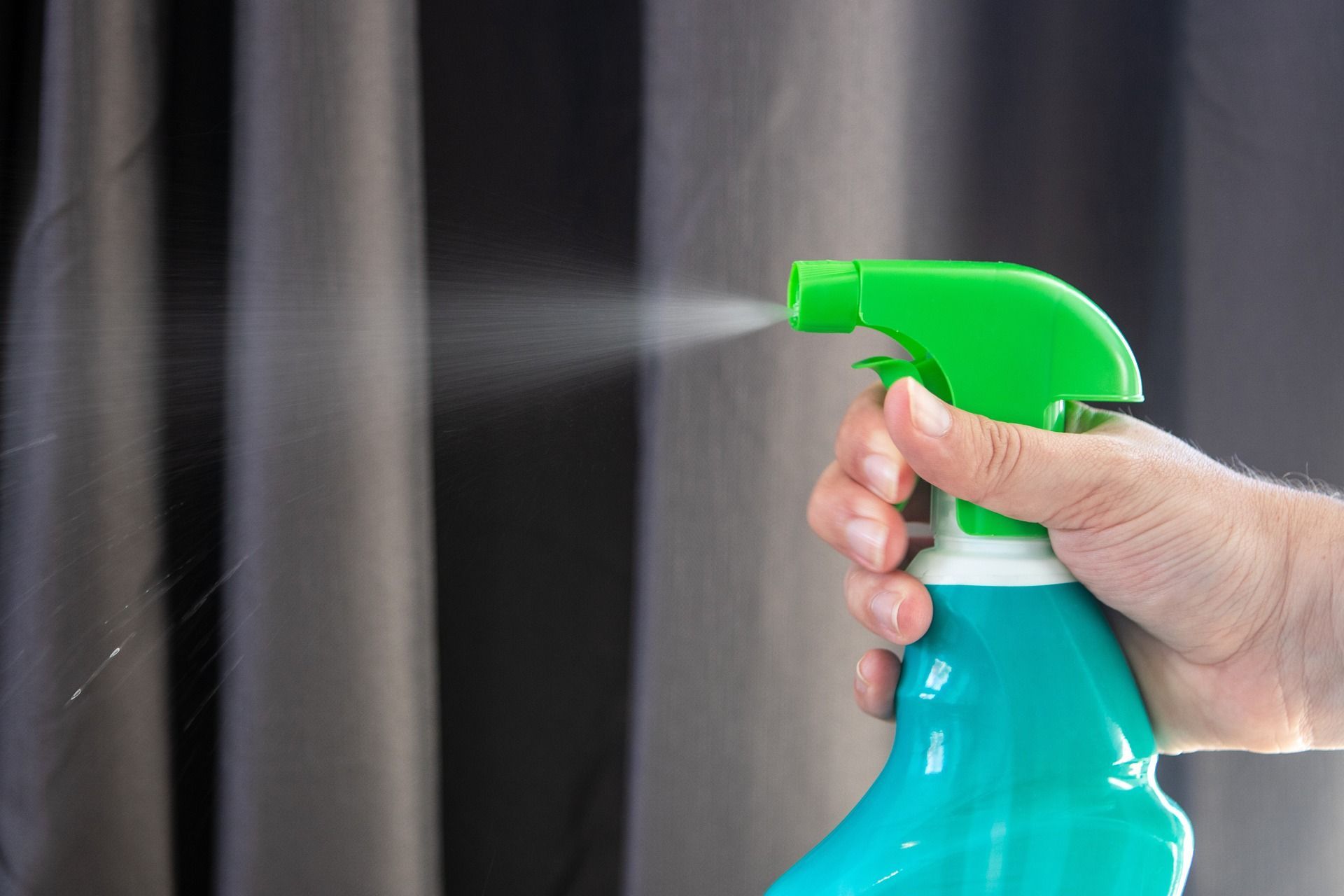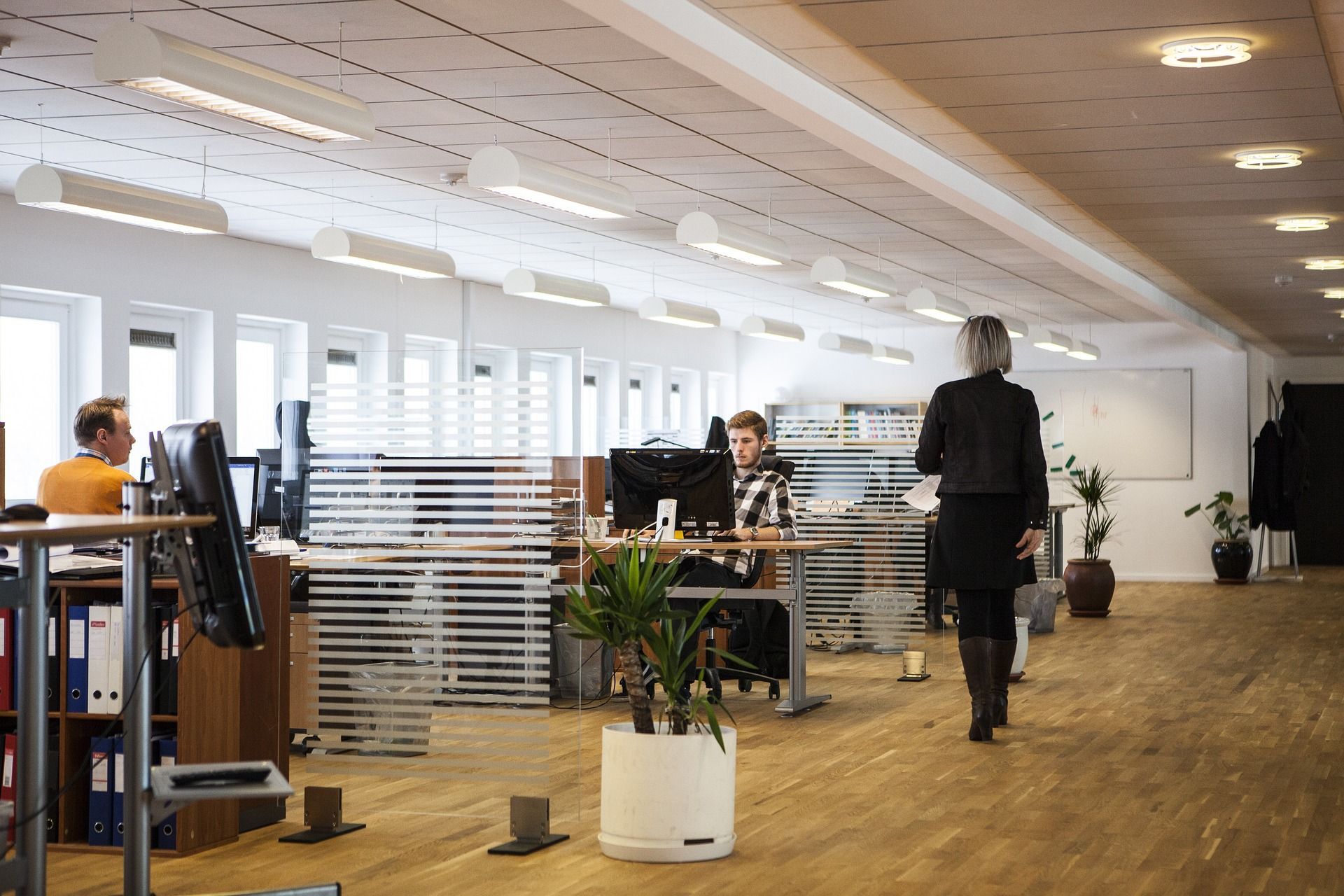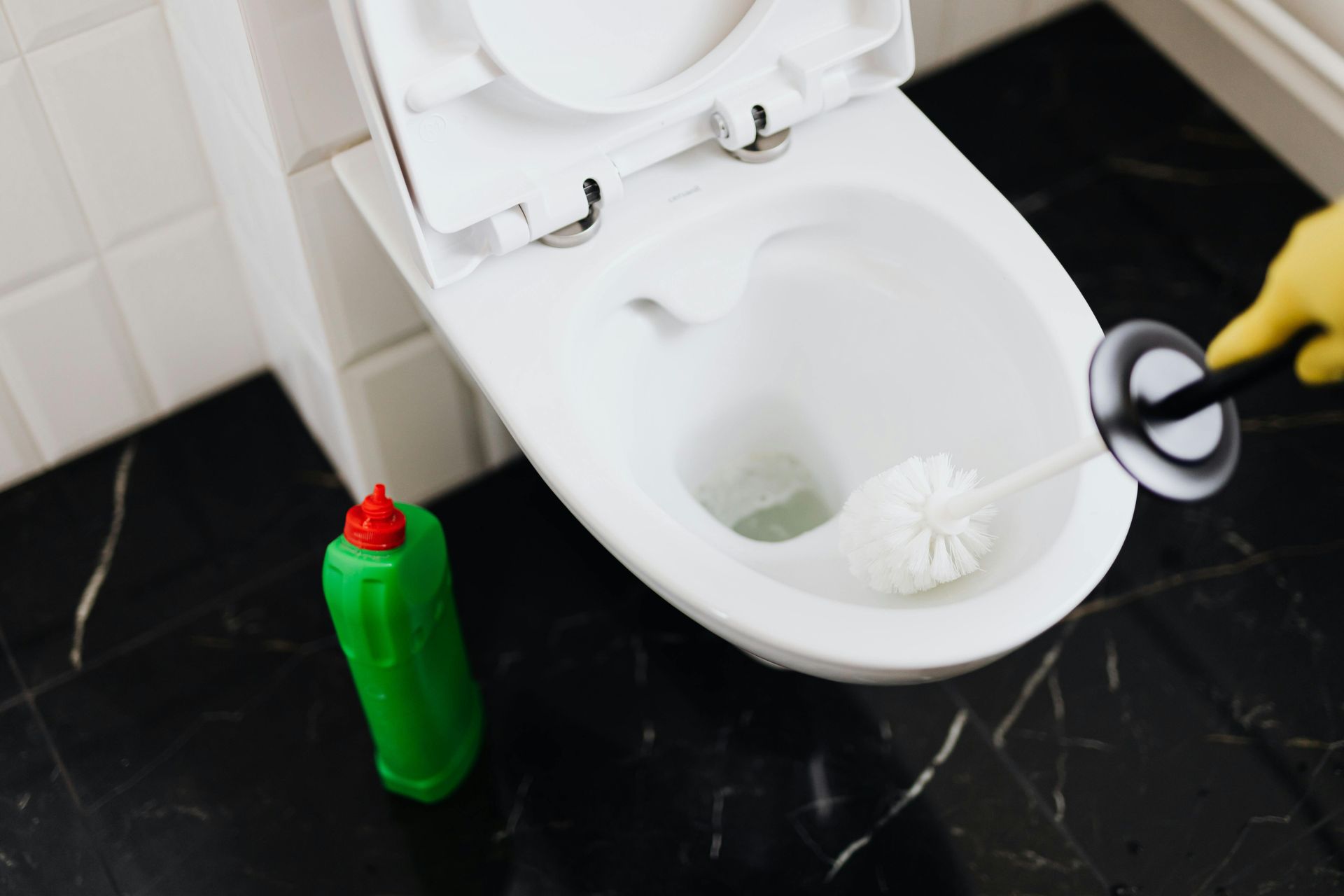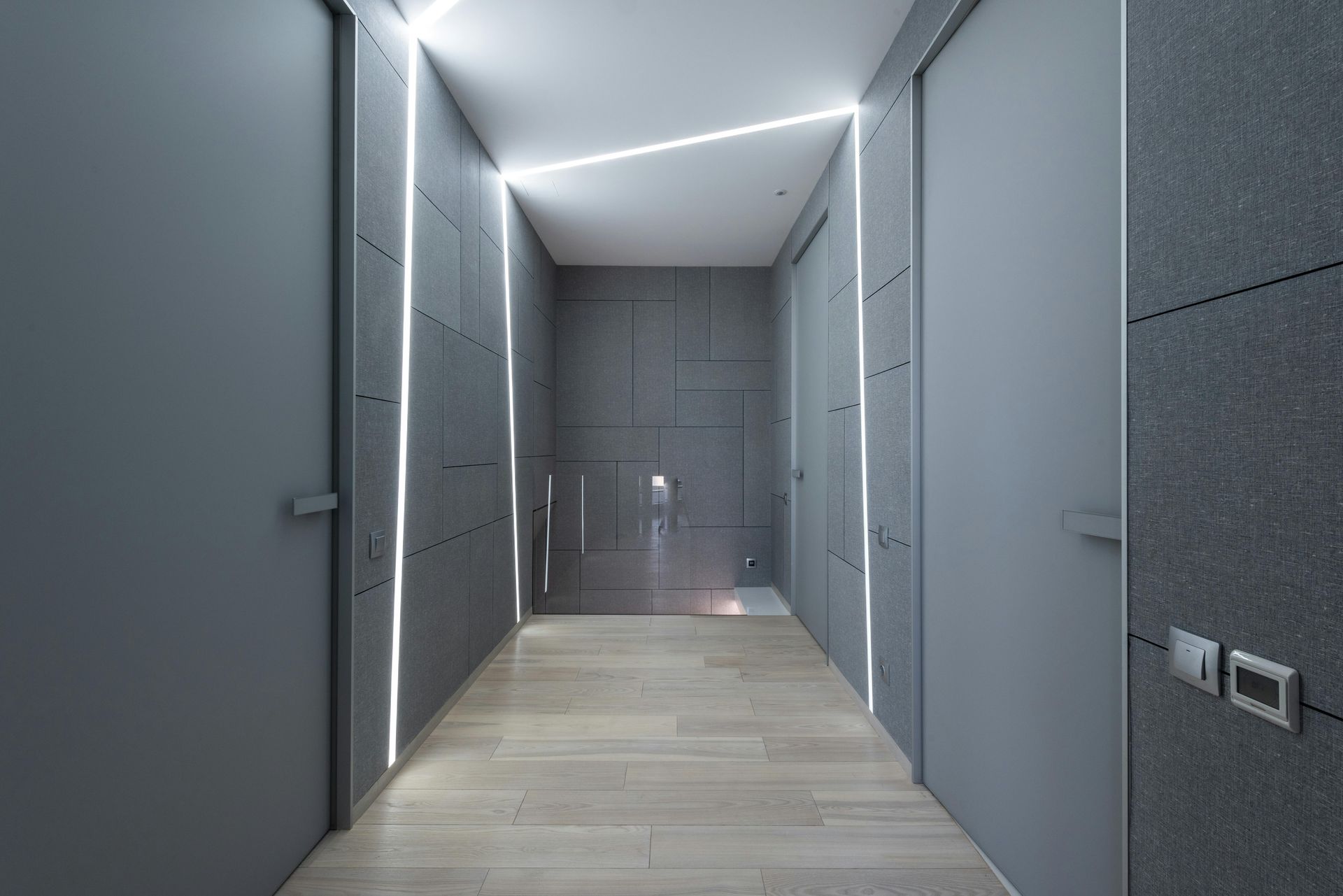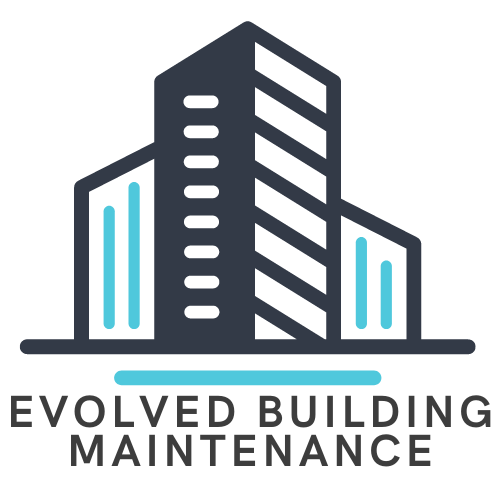Deep Cleaning vs Regular Cleaning: What Your Office Needs and When
Know the Difference
Maintaining a clean office environment is crucial for the
health and productivity of your employees. At Evolved Building Maintenance, we understand the importance of both regular cleaning and
deep cleaning. While regular cleaning ensures day-to-day tidiness, deep cleaning addresses areas that accumulate dirt and grime over time. Knowing the difference between these two types of cleaning and when to implement each can significantly enhance the cleanliness and hygiene of your office space.
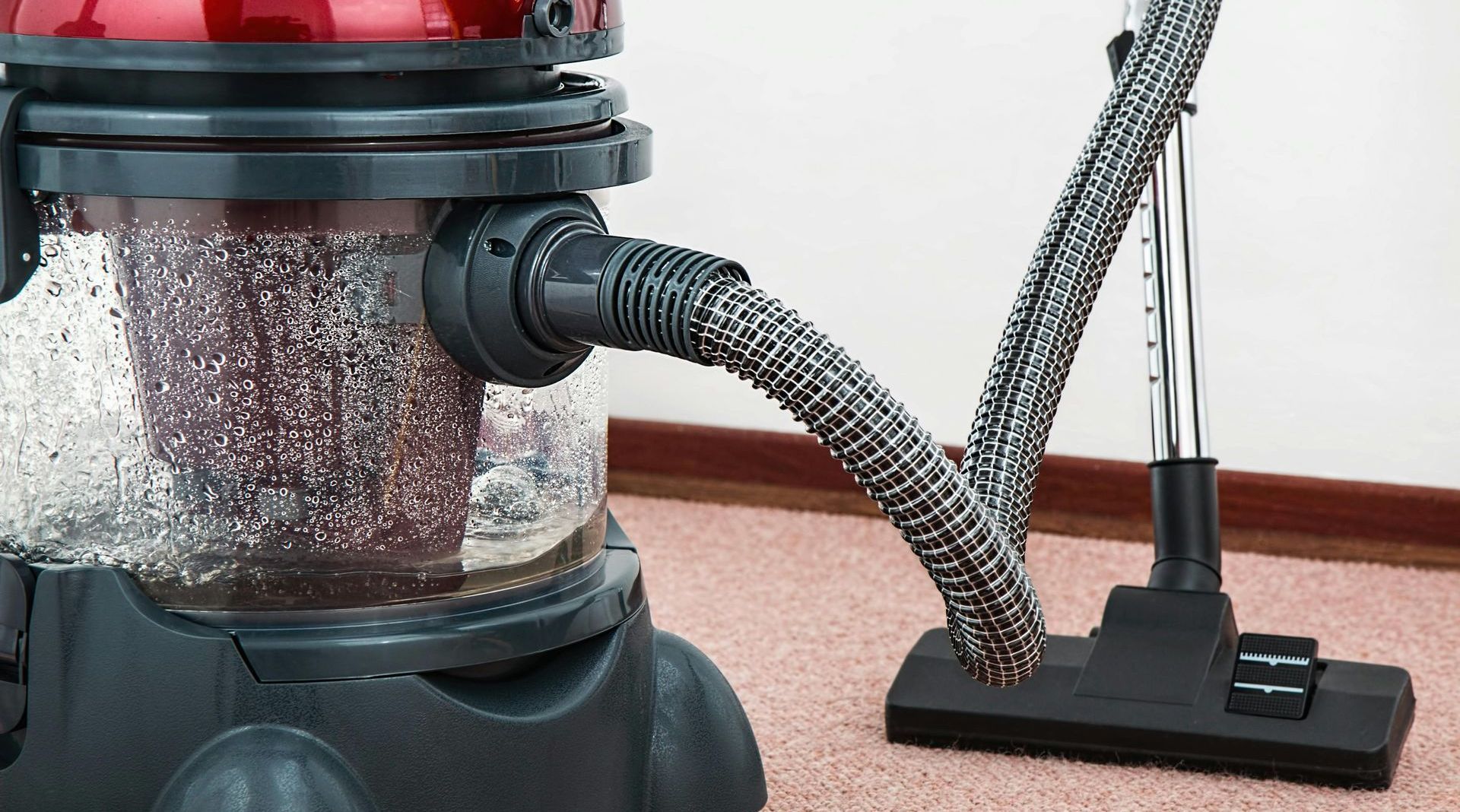
Regular Cleaning
Regular cleaning is the backbone of office maintenance. It involves routine tasks that keep your office environment clean and presentable on a day-to-day basis. These tasks typically include:
- Dusting and Wiping Surfaces: Dusting desks, chairs, and other furniture to remove dust and allergens.
- Vacuuming and Mopping Floors: Ensuring that carpets and hard floors are free from debris and spills.
- Emptying Trash Bins: Regular disposal of waste to prevent overflow and maintain a tidy appearance.
- Cleaning Restrooms: Maintaining hygiene in restrooms by cleaning toilets, sinks, and replenishing supplies.
- Sanitizing High-Touch Areas: Regular disinfection of areas such as door handles, light switches, and elevator buttons to reduce the spread of germs.
These routine tasks are essential for creating a clean and inviting atmosphere for your employees and visitors. Regular cleaning helps to prevent the buildup of dirt and grime, ensuring that your office remains a pleasant and healthy place to work.
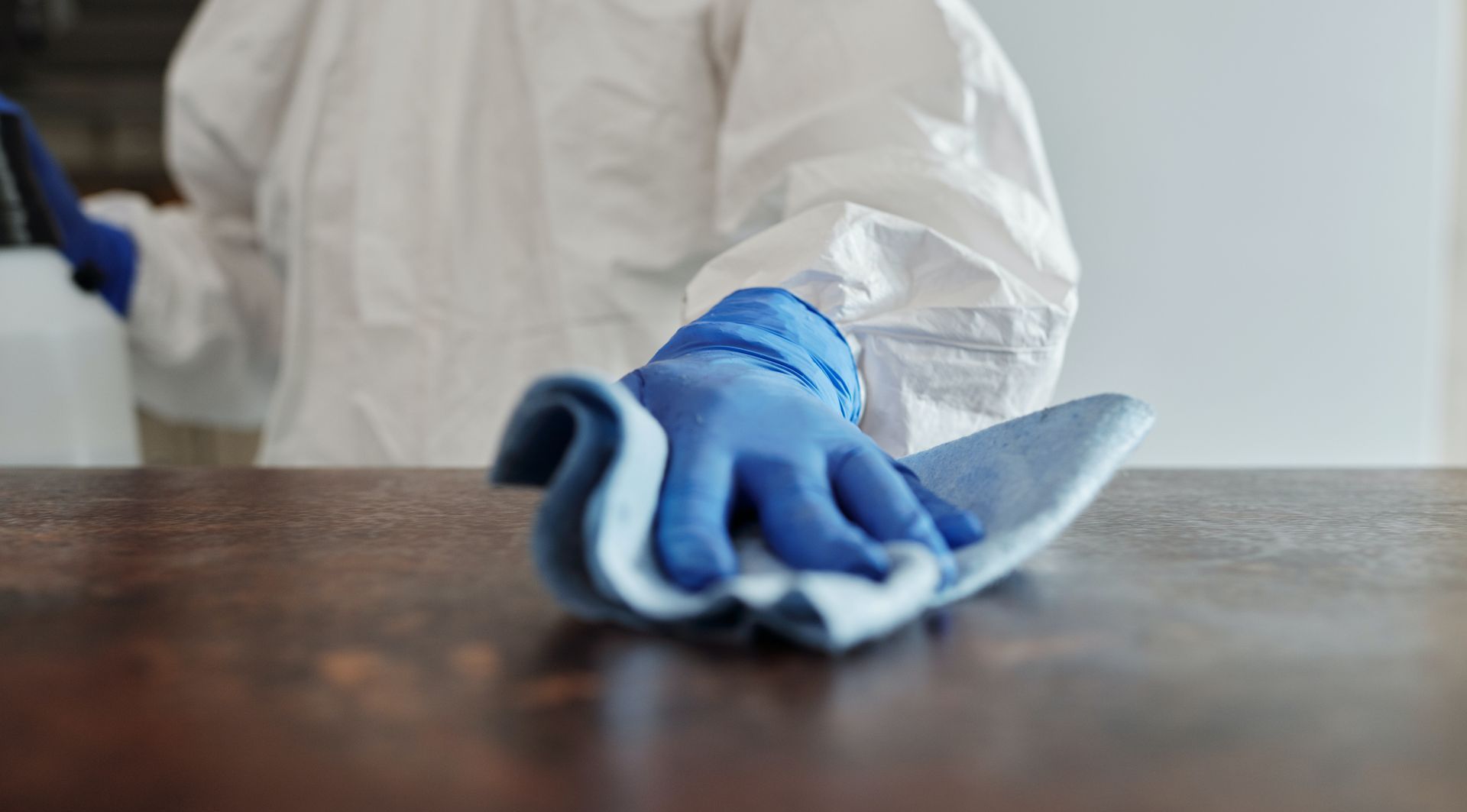
Deep Cleaning
While regular cleaning takes care of the everyday dirt and clutter, deep cleaning goes further to address the hidden and hard-to-reach areas that accumulate dirt over time. Deep cleaning tasks include:
- Carpet and Upholstery Cleaning: Using professional equipment to remove deep-seated dirt and stains from carpets and upholstered furniture.
- Window Washing: Cleaning both the interior and exterior windows to ensure they are spotless and free from streaks.
- Detail Cleaning of Restrooms: Deep scrubbing of tiles, grout, and other surfaces to remove buildup and stains.
- High Dusting: Removing dust and cobwebs from high places such as ceilings, vents, and light fixtures.
- Cleaning Behind and Under Furniture: Moving furniture to clean areas that are often neglected during regular cleaning.
Deep cleaning is typically performed less frequently than regular cleaning, often on a quarterly or bi-annual basis. It ensures that your office remains not only visibly clean but also hygienic and free from hidden dirt and allergens.
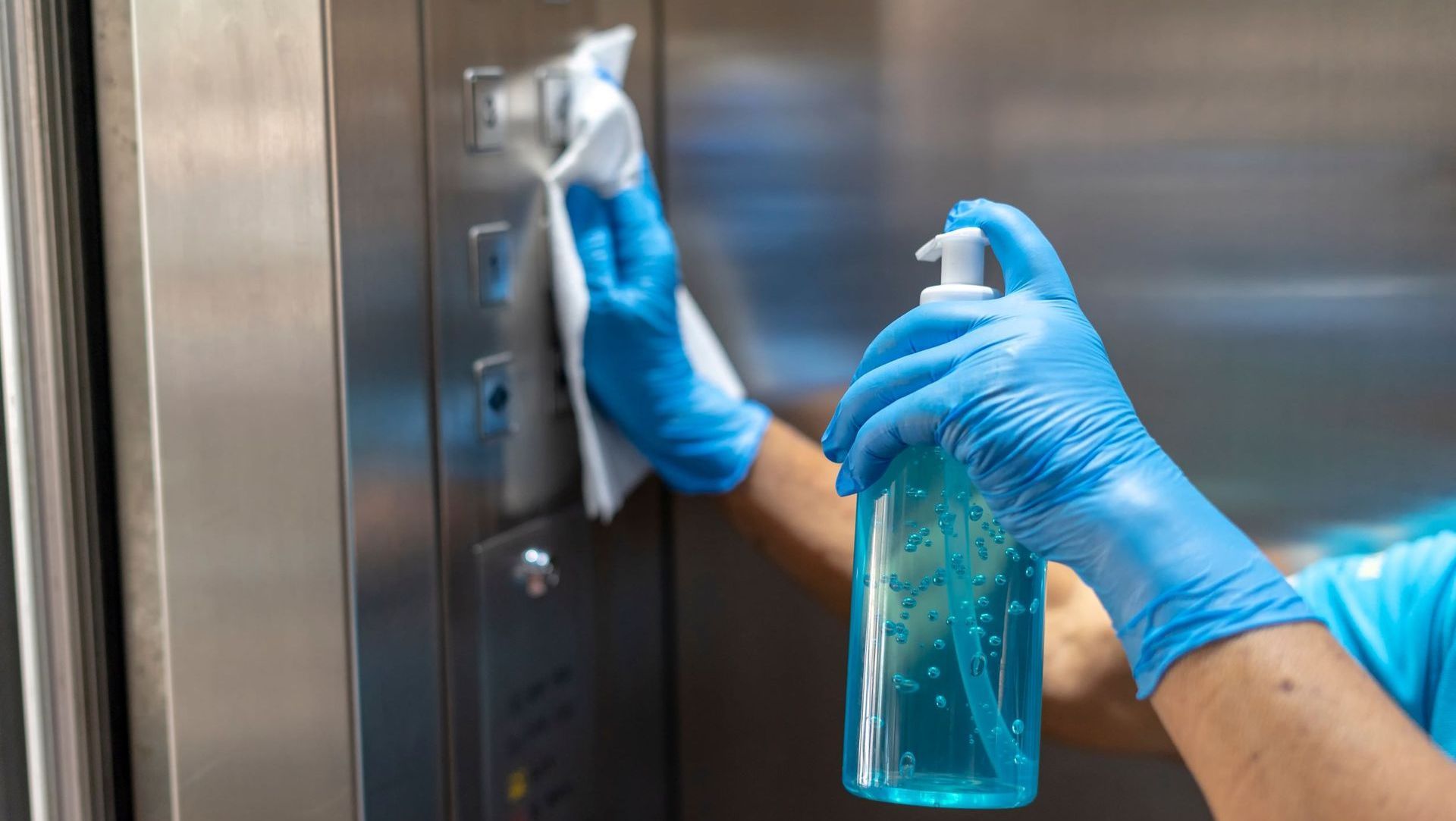
When to Schedule Each
Deciding when to schedule regular and deep cleaning depends on several factors, including the size of your office, the number of employees, and the type of business you operate. Here are some general guidelines:
- Regular Cleaning: Should be performed daily or weekly to maintain cleanliness and hygiene.
- Deep Cleaning: Should be scheduled every three to six months, or more frequently if your office experiences high traffic or specific cleanliness challenges.
Regular assessments of your office's cleanliness can help determine the ideal frequency for both types of cleaning. At Evolved Building Maintenance, we can work with you to create a customized cleaning schedule that meets your specific needs.
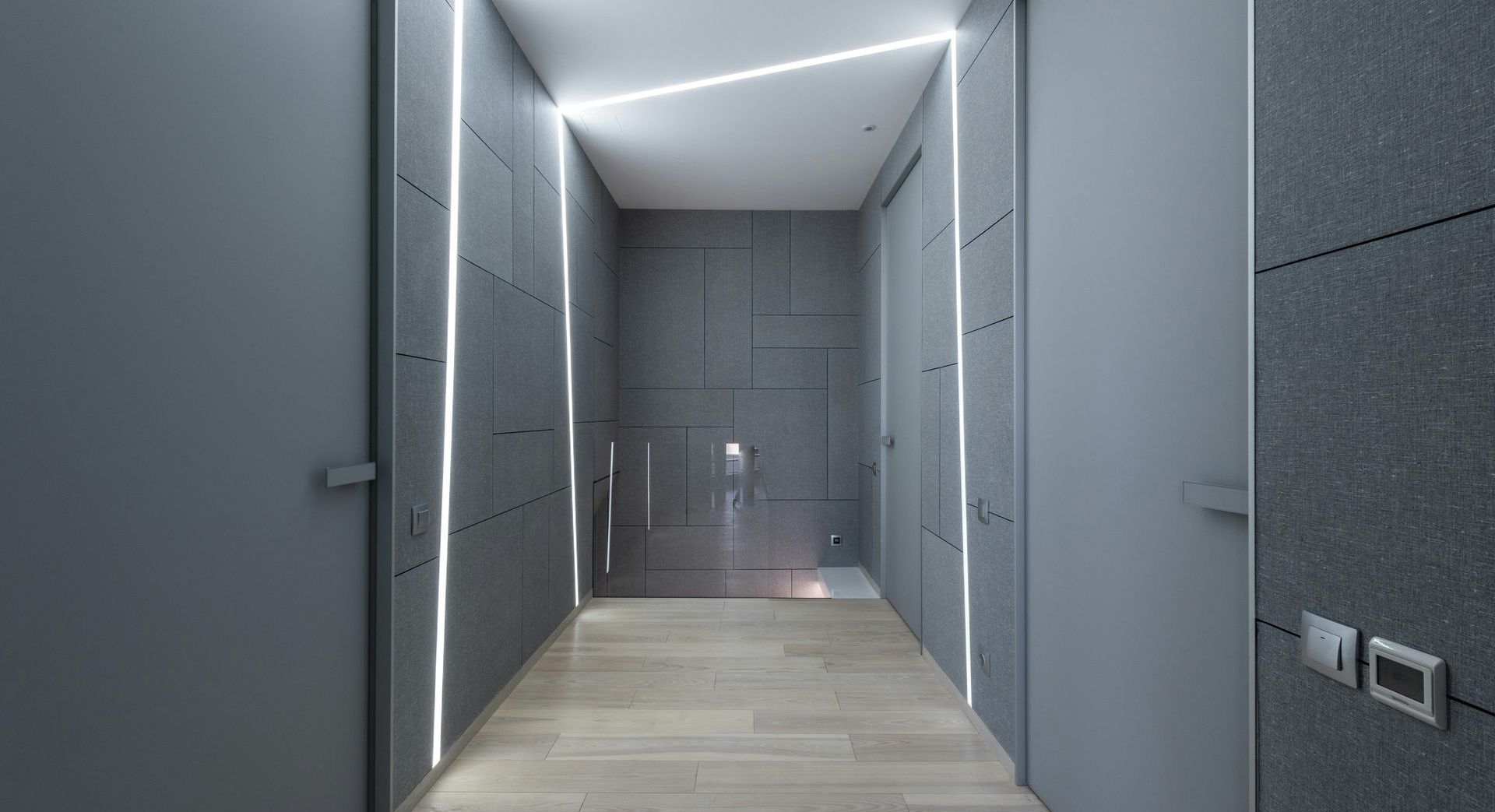
Encourage Productivity
Understanding the difference between regular cleaning and deep cleaning is essential for maintaining a healthy and productive office environment. Regular cleaning addresses the daily upkeep, while deep cleaning tackles the more ingrained dirt and hidden areas that require special attention. By incorporating both into your cleaning routine, you ensure that your office remains a safe and pleasant place for everyone.
At Evolved Building Maintenance, we are committed to providing high-quality janitorial services tailored to your office's unique requirements. Contact us today to learn more about our comprehensive cleaning services and how we can help keep your office in top condition.
